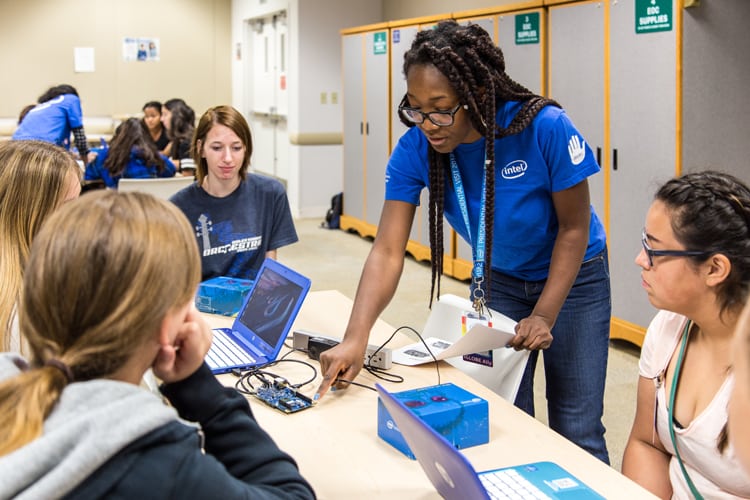With four years of data in the books since the launch of the Arizona Education Progress Meter in 2016, it’s clear the state is not on track to reach the broadly supported long-term goals. The status quo isn’t working.
It’s not all bad news; Arizona has gained ground in a number of areas. Proficiency rates for 8th grade math and 3rd grade reading have increased 5 and 6 percent, respectively. The number of Opportunity Youth (or Disconnected Youth) has decreased and post-secondary attainment rates have ticked up slightly.
However, if progress continues at the same rate, Arizona will fall short of the 2030 goals. In particular, we are not doing enough to meet the needs of Arizona’s diverse student population. While each individual is as capable of learning as the next, we are failing to support students in poverty and students of color who continue to perform at drastically lower rates than the state average.
“If we want our students to realize their potential, so our state can realize its potential, we need to work together to determine the best ways to accelerate progress,” says Christine Thompson, president and CEO of Expect More Arizona. “We pay a heavy price each year that passes without long-term solutions, as the obstacles to success are multiplied.”
Arizona voters agree. Expect More Arizona commissioned its annual statewide public opinion survey of 600 likely Arizona voters in November 2019. For the fifth year in a row, poll results show that voters believe education is the most important issue facing our state, above immigration, healthcare or the economy.
Voters continue to consider teacher pay and a general lack of funding to be our state’s most significant education issues. The survey found 73 percent of voters, with majorities from every political party, believe the funding K-12 schools receive is too low. And a staggering 85 percent of voters believe the salaries K-12 teachers receive in Arizona is too low, with a super majority in every political affiliation.
But overall, financial support for our education systems in our state is insufficient to incentivize and sustain innovation, attract and retain talent, and meet the demands of the changing face of Arizona. A transformation requires additional investments in all of education – from quality early learning to postsecondary.
“We know that funding is not a silver bullet – we need sound policy, supportive investments, and solid implementation at the local level,” commented Thompson. “However, Arizona has lagged so far behind in funding that the need to address it has become incredibly urgent.”
There is broad agreement that attaining the shared goals in the Arizona Education Progress Meter will invigorate economic growth and unlock the potential of individuals and communities. Strong education systems, from early education through higher education, will create and support a talent pipeline that attracts diverse businesses to Arizona. A more educated and skilled workforce will also increase business and personal income, grow revenues for the state to invest in other critical needs and decrease the dependence on social safety nets.
Expect More Arizona and its statewide network of partners and education advocates will be calling on Arizona leaders to put aside politics and work together to advance significant policies and investments in all of education to stoke Arizona’s prosperity for generations.




